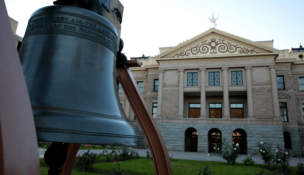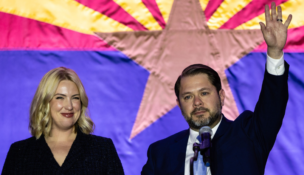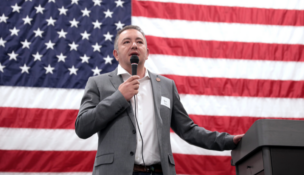Reality versus rhetoric in the SB1062 debate
Hank Stephenson//February 25, 2014//[read_meter]
Photo by Ryan Cook/RJ Cook Photography Though the word “gay” appears nowhere in the innocuous-looking two-page bill that has placed Arizona in the national spotlight, opponents...

















